When the final whistle blew in Rabat, it wasn’t just the end of WAFCON 2024—it was a statement. A stage where legacies were confirmed and new ones were born. Nigeria sealed their record-extending 10th WAFCON title in front of a stunned Moroccan crowd.
Hosts Morocco, heartbreakers twice over on home soil, lost both finals. Ghana exited the shadows with a long‑awaited bronze. And South Africa left without the crown, despite the weight of expectation.
The setting: Stade Olympique in Rabat, home to host nation Morocco, packed with hopeful fans eager for history. By halftime of the final, Morocco led 2–0 with goals from captain Ghizlane Chebbak and Sanaa Mssoudy. Two steps away from glory on home soil. Silence hung heavy between the roar of the crowd and the hum of disbelief.
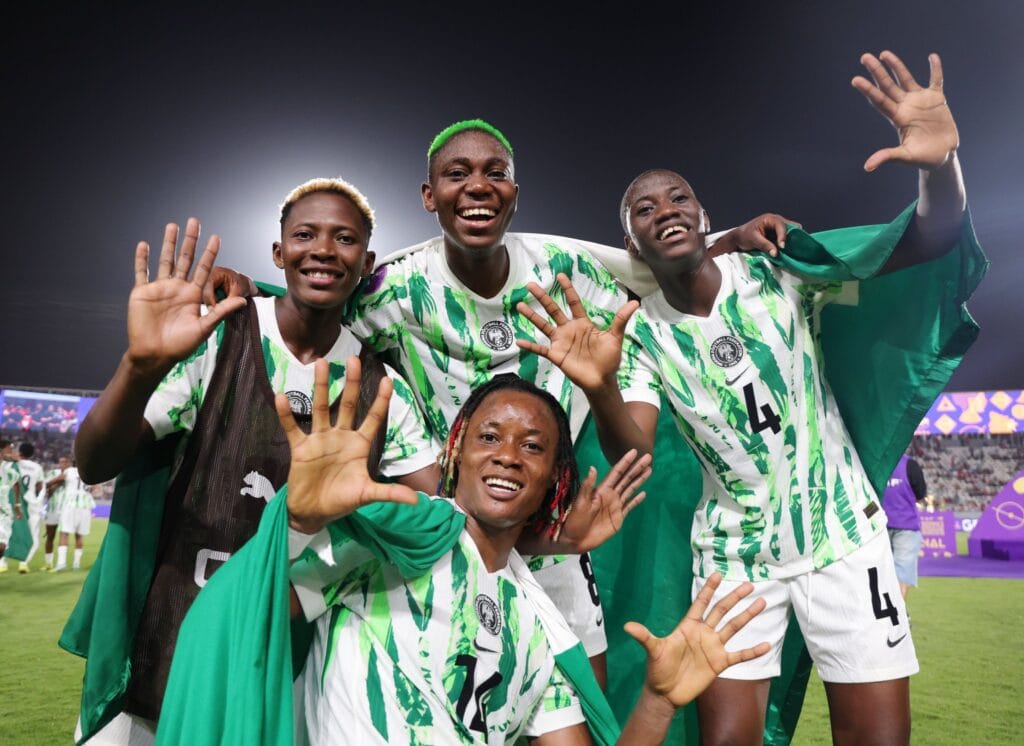
But the second half belonged to Nigeria’s Super Falcons.
A VAR‑awarded penalty was converted by Esther Okoronkwo, igniting hope. Ten minutes later, a composed strike from Folashade Ijamilusi levelled the score. Then, in the dying minutes, substitute Joe Echegini placed a finish that sealed a 3–2 victory—a comeback of cinematic proportions. Nigeria had done it again: perfect in finals, undefeated in trophies.
Morocco’s pain: this was their second home final, and second consecutive loss. Despite fiery home support and a commanding first half, they were undone by Nigerian resilience. Yet there’s no shame in being the only African team to reach two straight WAFCON finals (2022 and 2024), both on home turf.
And captain Chebbak? She finished the tournament as top scorer, netting five goals, clinching back‑to‑back Golden Boots. Her leadership—quiet, determined, and lethal—was Morocco’s heartbeat.
Before the heartbreak, Morocco had powered out of their group strongly, logging a hat‑trick win and going unbeaten until the final. Their fans believed. Their team delivered. Just not enough to pass the final test.
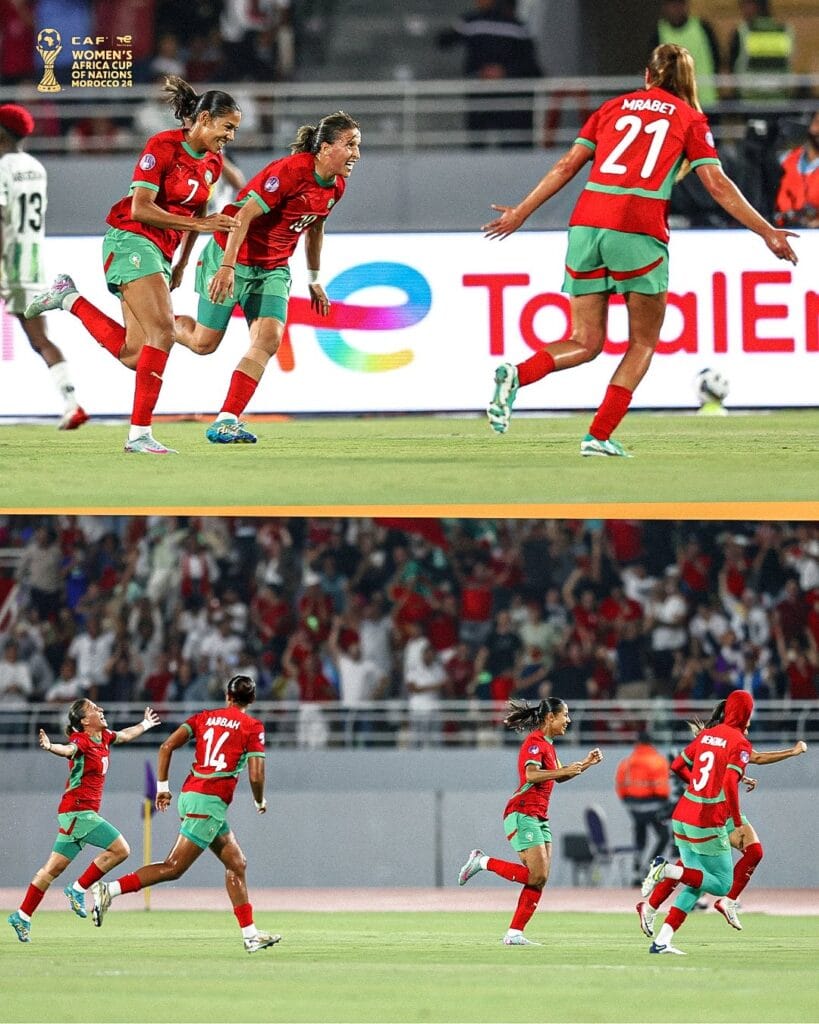
Across the pitch in Casablanca, Ghana quietly rewrote narratives
They hadn’t medalled since 2016. They weren’t favourites. But under coach Nora Häuptle, the Black Queens showed cohesion, organisation, and nerves of steel. Two penalty shootouts took them to the podium: first over Algeria in the quarters, then over Morocco in the semis—before they edged South Africa in the bronze showdown. That final shootout win was sealed by Cynthia Konlan, whose calm in goal made all the difference.
South Africa came in as defending champions—but left fourth. Their title defence faltered at the last hurdle. They beat Senegal in a tense quarterfinal shootout, only to lose to Nigeria in the semis with a stoppage-time goal from Michelle Alozie. In the bronze match, they struck first only to self-destruct: an own goal, followed by a 4–3 shootout loss to Ghana. Their crown was gone—not through lack of effort, but through pressure and destiny.
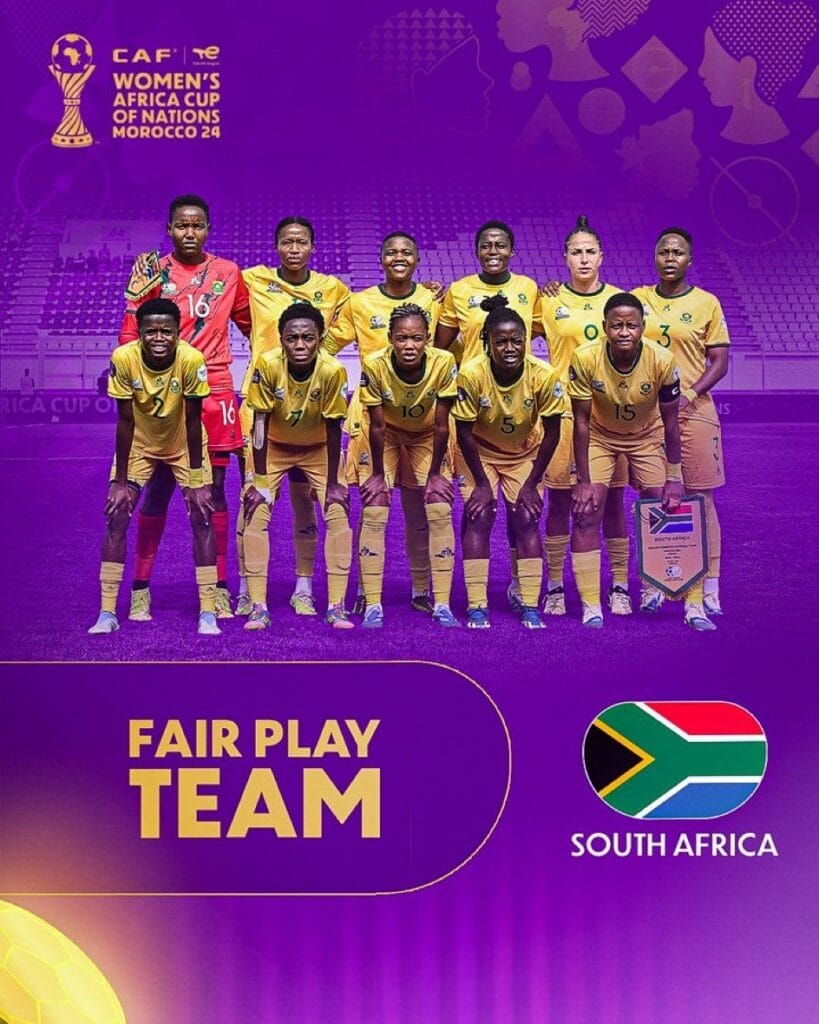
Under the surface, this tournament was tight, tactical, electric
The 2024 WAFCON saw a rise in attacking play, with 66 goals scored across 26 matches—an average of 2.54 goals per game, an improvement from the 2.25 average in the 2022 tournament.The drama? Lens-sharp: Nigeria’s VAR-awarded penalty ignited the final; Ghana survived not one but multiple shootouts; Morocco battled through two heartbreaking home finals; South Africa faltered under expectation. Nigeria’s Rasheedat Ajibade was named Woman of the Tournament, driving the side with authority, while Chiamaka Nnadozie earned Best Goalkeeper for her commanding presence in goal.
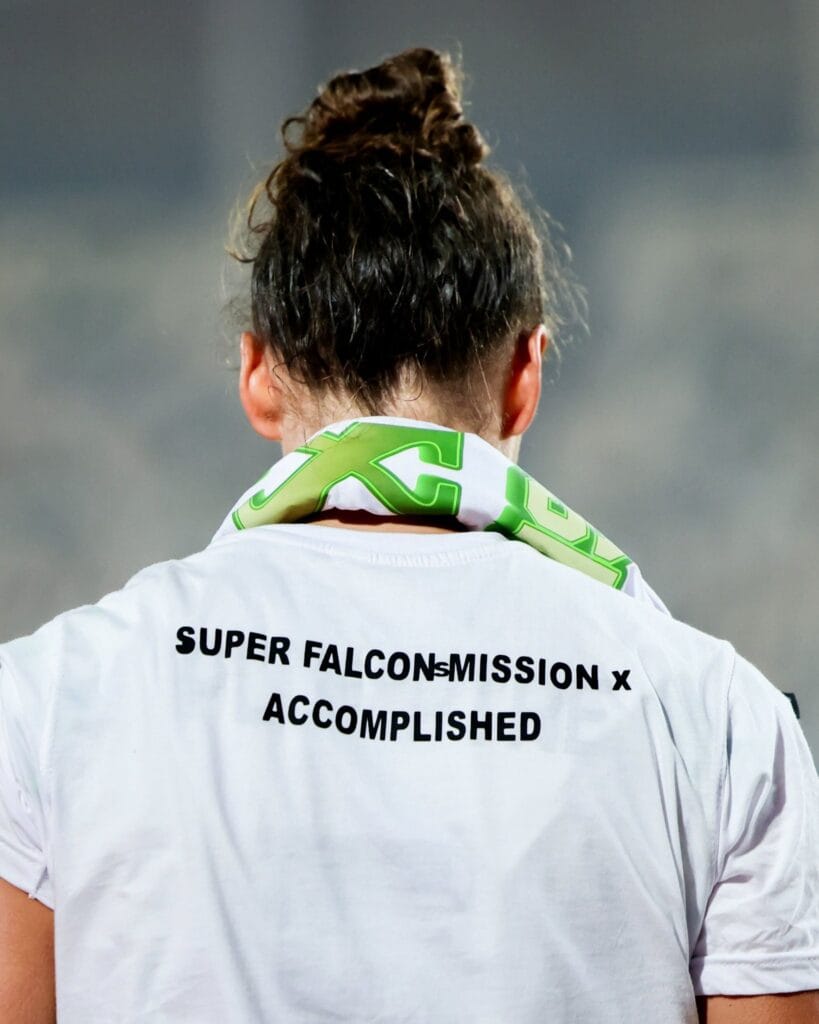
What WAFCON 2024 revealed is a shifting landscape
Nigeria remains the benchmark—but they’re now afraid of no one. Morocco proved they’re not a flash in the pan, just one dramatic collapse away from glory. Ghana rejoined the elite. South Africa learned that legacy must be defended, not assumed.
This wasn’t a collection of matches—it was continent‑wide performance art. Each team brought a story. The pitch delivered drama daily. And the trophy? It went back home to Nigeria, triumphing when it mattered most.
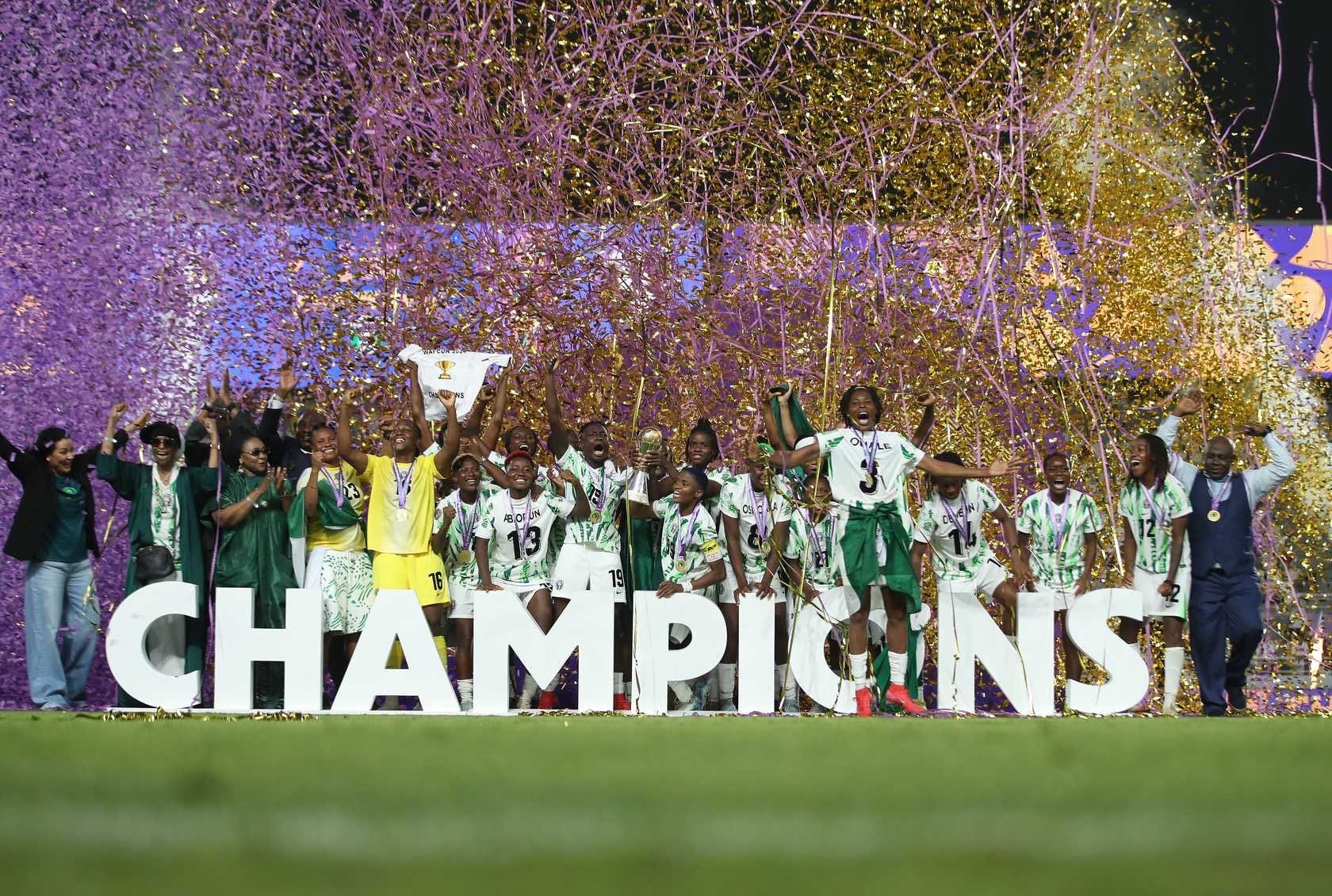
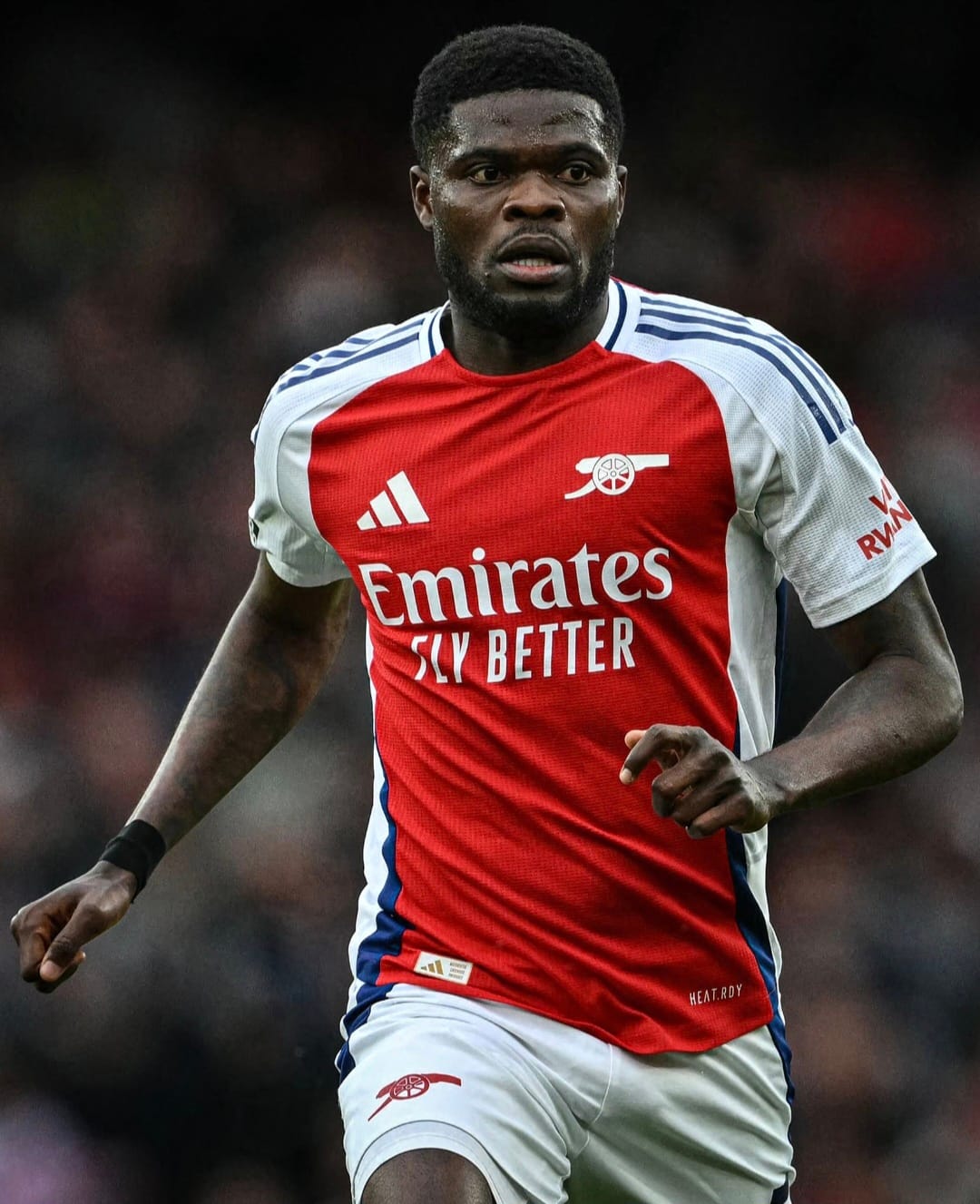

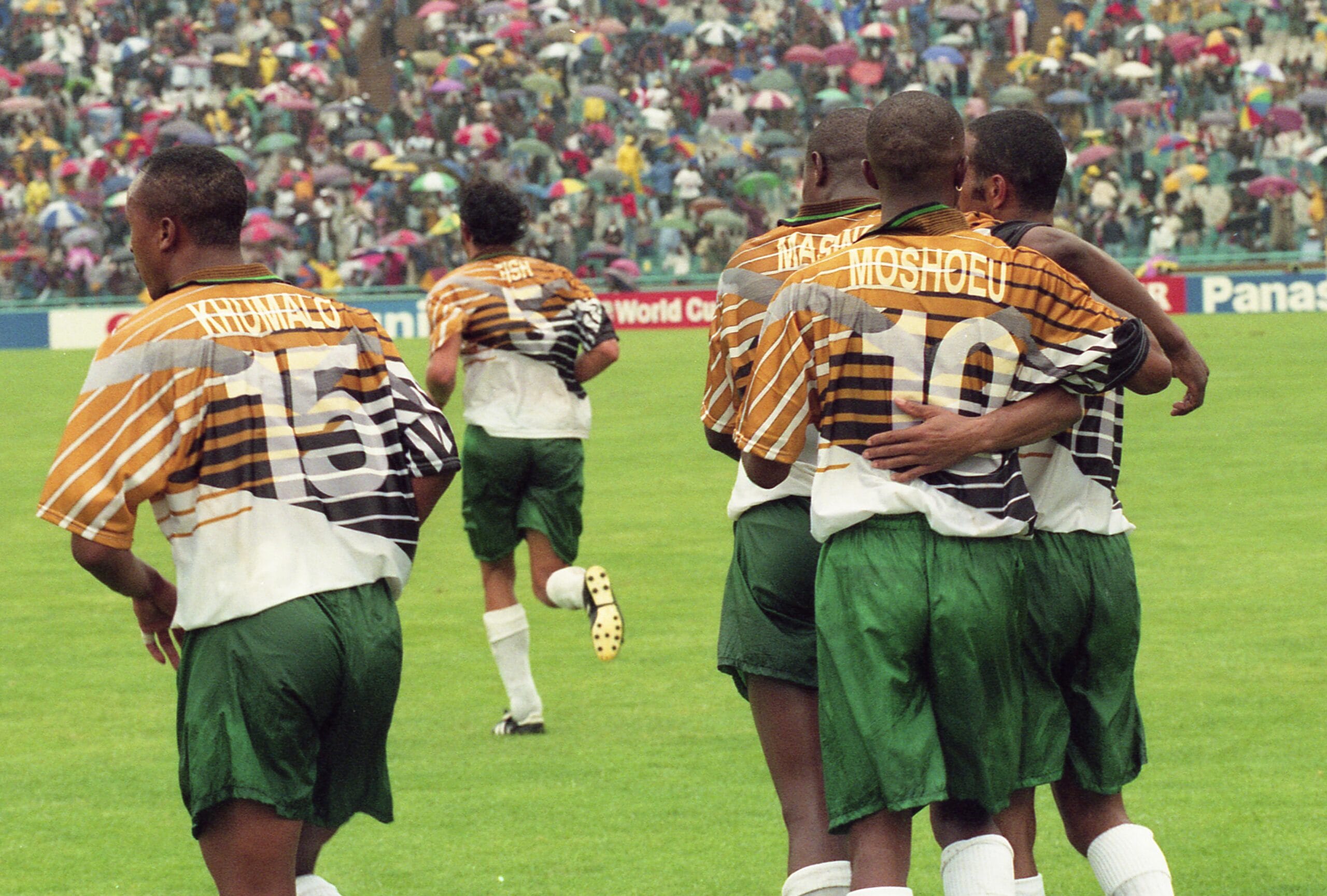
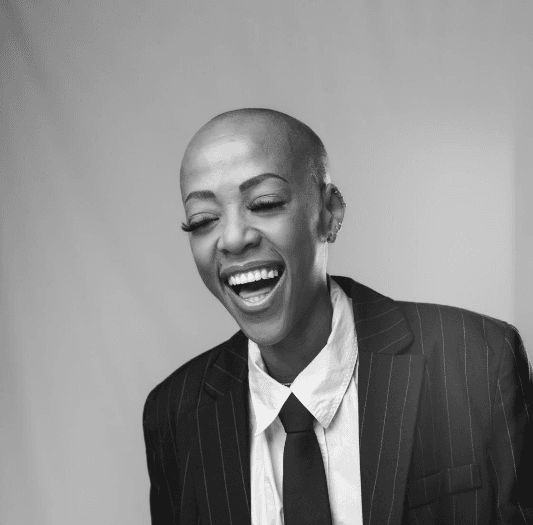
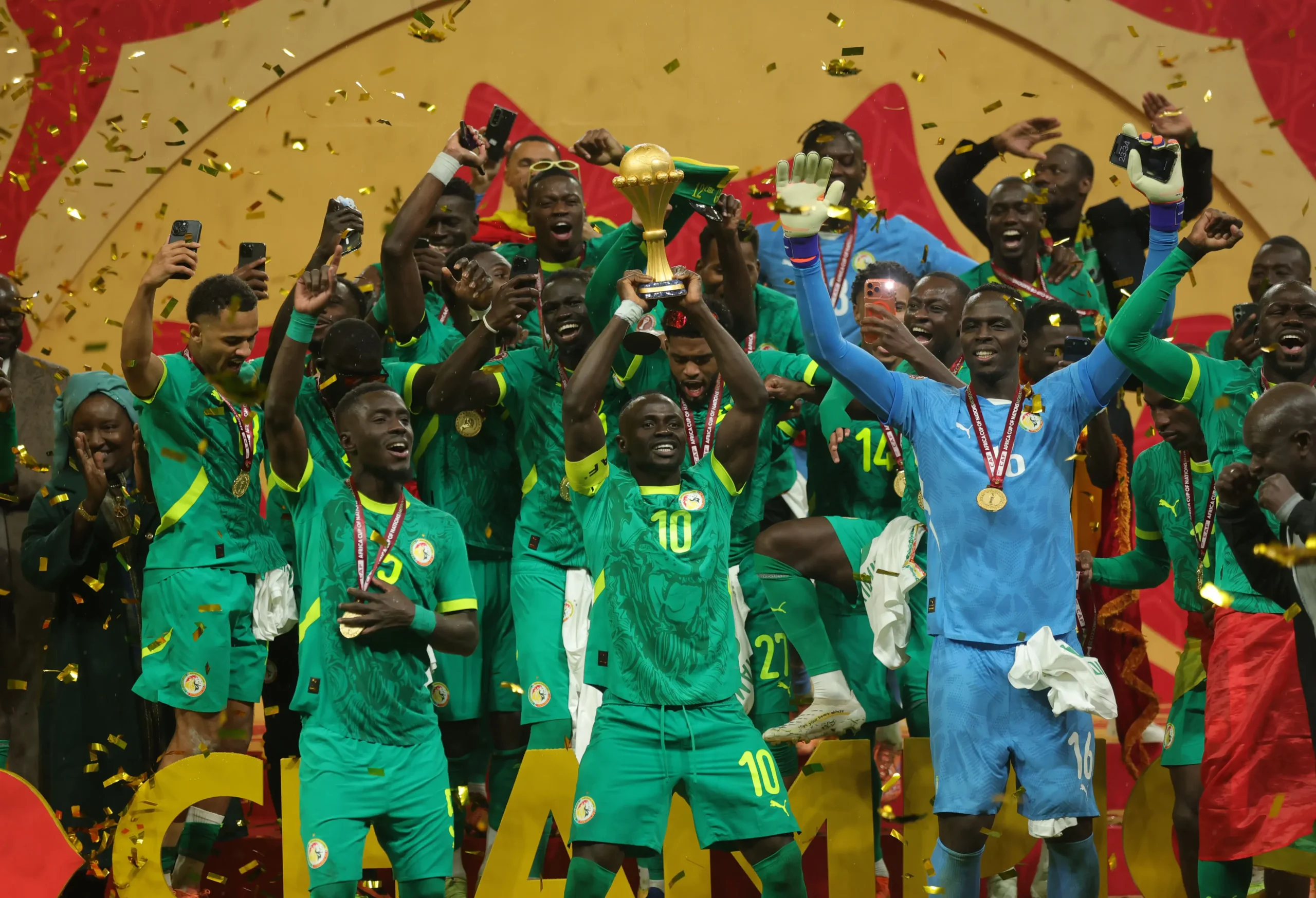
No Comments